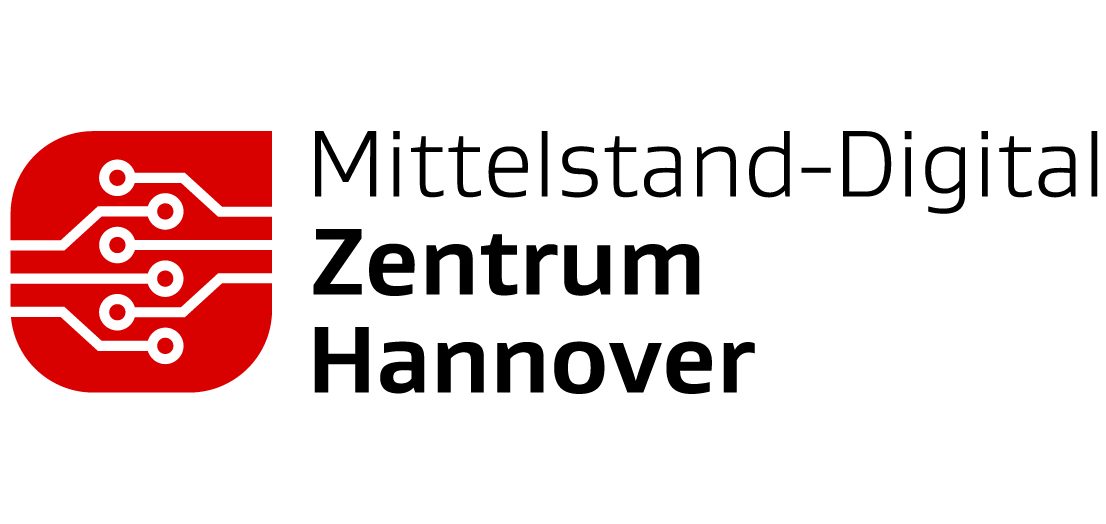The Mittelstand-Digital Zentrum Hannover regularly takes its roadshow on the road – also visiting local companies.
AI-Trainer
How Companies Benefit
Many small and medium-sized enterprises (SMEs) are asking themselves how they can meaningfully integrate artificial intelligence (AI) into their processes. But how can they get started? The Mittelstand-Digital Zentrum Hannover, based at the Production Technology Centre of Leibniz University Hannover, offers practical support to assist companies with their digital transformation in a straightforward, needs-based and free-of-charge manner, thanks to funding. The L3S research centre is a consortium partner of the Mittelstand-Digital Zentrum Hannover. L3S scientist Uwe Hadler is one of four AI trainers at the centre who help companies identify AI potential and develop application scenarios tailored to their needs.
From basic knowledge to concrete application
To enable every company to enter the world of AI successfully, the centre’s offerings are structured in stages. ‘It doesn’t matter whether a company is still at the beginning of its digitalisation journey or has already gained experience with AI,’ emphasises Hadler. The range of basic knowledge on offer creates a solid foundation for the subsequent stages of digital transformation.
Stage 1: How can data be made available and used as the basis for AI systems?
Stage 2: What quality characteristics must data fulfil to be usable for AI?
Stage 3: How can a company use AI profitably?
Support is provided in a modular format. Information events cover the basics, while workshops and webinars such as ‘ChatGPT and Co.’ delve deeper. Understanding and applying generative AI deepen knowledge. ‘In individual discussions with companies, we develop action plans and discuss ideas that can be tested in application projects. This enables companies to trial AI prototypes before committing to major investments,” says Hadler.
AI can reduce food waste
Maru Sushi, a company that supplies supermarkets with sushi, is an example of how AI can help in practice. As sushi has a short shelf life, precise sales planning is crucial to avoid waste. In collaboration with the Mittelstand-Digital Zentrum Hannover, Maru Sushi developed an AI application that links sales data with factors such as weather, weekdays, and public holidays. The result is more precise sales forecasts and less waste. “With our targeted support and practical guidance, companies can utilise the potential of AI to their fullest advantage — operating not only more efficiently, but also more sustainably,” says Hadler.
Together into a digital future
The Mittelstand-Digital Zentrum Hannover operates in Lower Saxony and beyond. As well as AI and digitalisation, it supports companies in areas such as sustainable production, change management, and cyber security. Its practical, vendor-neutral programmes help SMEs to future-proof their businesses and approach innovation strategically.
The Mittelstand-Digital Zentrum Hannover is part of Mittelstand-Digital. Through the Mittelstand-Digital network, the Federal Ministry for Economic Affairs and Climate Action is supporting the digitalisation of small and medium-sized enterprises and skilled trades.
Contact

Uwe Hadler, M. Sc.
Uwe Hadler is a research associate at L3S and supports companies in the introduction of AI systems via the Mittelstand-Digital Zentrum Hannover. His field of research is language models and the development of methods to improve the reliability and trustworthiness of language models.


